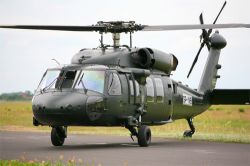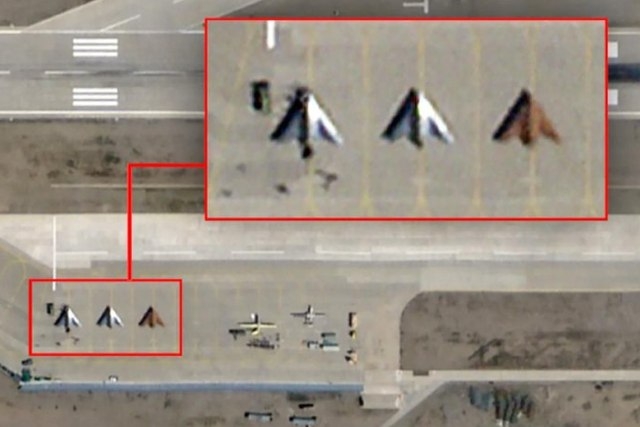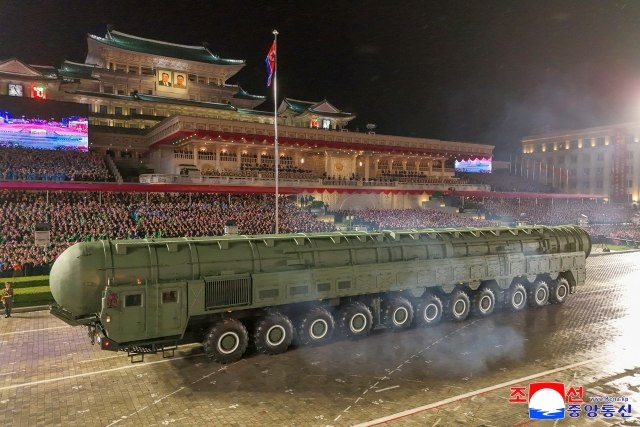Brunei Air Force Selects CAE Flight Training Device
The Royal Brunei Air Force is using a CAE-built PC-7 flight training device to improve pilot selection and screening.
The device is installed at the CAE Brunei’s Multi-Purpose Training Centre,. CAE Brunei , a joint venture of CAE and the Ministry of Finance of Brunei Darussalam, announced Friday.
The Royal Brunei Air Force expects the use of the PC-7 simulator will yield a better screening result, accelerate the pilot selection process, and produce a higher rate of passing of potential cadet pilots.
"Producing a military pilot is a long and expensive process, and previously the Royal Brunei Air Force conducted its screening process abroad and experienced a low passing rate," said Kevin Speed General Manager, CAE Brunei MPTC.
"With the CAE Brunei MPTC located here in Brunei, we can offer the Royal Brunei Air Force tremendous flexibility in tailoring their training programs, such as we have done for pilot selection and screening." General Manager added.
The Royal Brunei Air Force has a defined and rigorous process for becoming a pilot, and this process starts with the screening to determine if the person has the capability and aptitude to become a military pilot.
The Royal Brunei Air Force will now use the PC-7 FTD with all young officers who pass their officer's course and desire to become a pilot.
By using the PC-7 FTD as part of the overall screening process, the Royal Brunei Air Force expects to identify cadet pilots who should continue with pilot training much quicker.
The first class of potential cadet pilots recently completed the two-week pilot selection course using the PC-7 FTD at the MPTC. "The PC-7 training program offered at the CAE Brunei MPTC is truly world-class, encompassing both academic classroom training as well as synthetic training on the PC-7 simulator," said Speed.










